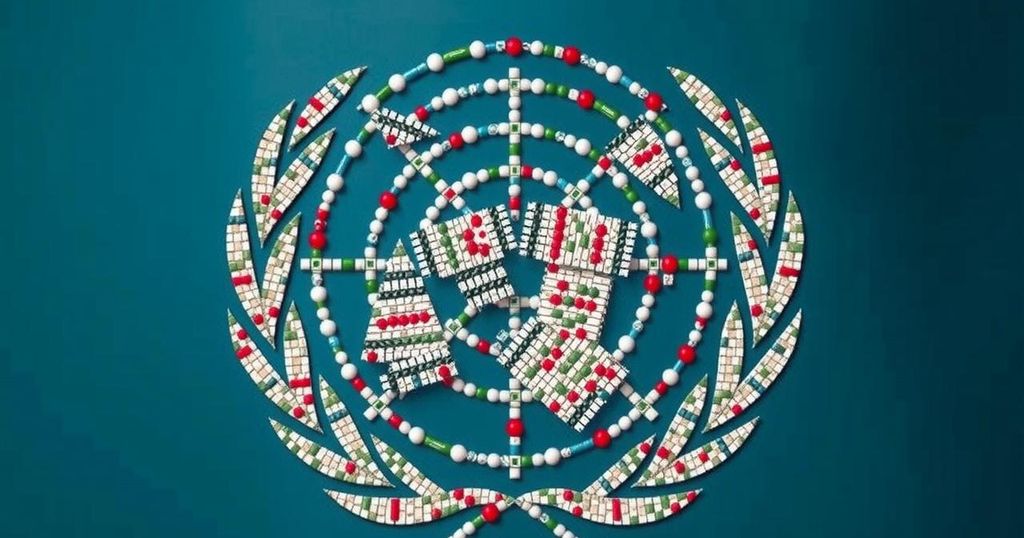At the COP29 UN Climate Summit in Baku, talks have broken down as developing nations reject a draft climate financing deal. The proposal suggested a $250 billion annual budget by 2035, significantly less than the $1 trillion recommended by experts. Activists protested outside, demanding more substantial commitments from wealthier countries to combat climate change’s effects. As tensions rise, critical negotiations continue amid calls for a more equitable and effective financing strategy.
Negotiations at the COP29 UN Climate Summit in Baku are currently in turmoil after developing nations decisively rejected a rough draft proposal concerning financial assistance for climate initiatives. Reports indicate that as discussions intensified, particularly among negotiators from poorer nations, the proposed deal, which suggested an annual pledge of $250 billion from wealthier nations by 2035, fell substantially short of the $1 trillion annually deemed necessary by experts to adequately combat climate change implications. Activists protested outside the discussion halls against what they described as inadequate efforts and highlighted the urgent need for sustainable and significant financial commitments to address the repercussions of climate change, notably for vulnerable nations such as those in the African continent and small island states who express dissatisfaction with the current negotiations.
Despite the significant barriers encountered, dialogues continue among negotiating parties, as pressing concerns regarding the timeline and sufficiency of proposed financial commitments linger. Developing nations conveyed their demand for an increased financial package of $1.3 trillion to facilitate adaptation to climate impacts and transition towards renewable energy sources. However, frustrations among attendees were evident, as many felt the affluent nations utilized negotiation tactics that led to exhaustion and compromised leverage for the developing countries.
Prominent figures such as Juan Carlos Monterrey Gomez from Panama and other environmental ministers underscored the urgency of reaching an agreement, while expressing skepticism regarding the adequacy of the current proposals to meet the outlined financial needs. Calls for a more equitable and substantial financing strategy permeated discussions, emphasizing global responsibility to support the most affected nations.
The COP29 UN Climate Summit represents a critical forum for international cooperation on climate policies, particularly concerning financial mechanisms to support developing countries in mitigating climate impacts. The ongoing talks are pivotal in setting precedents for how industrialized nations provide financial assistance aimed at addressing global warming consequences. Historical agreements, such as the Paris Agreement, underline a commitment made by wealthier nations to support the vulnerable countries facing severe risks due to climate change. Successful negotiations are crucial not only to ensure sufficient funding for mitigation strategies but also to reinforce international solidarity in combating climate change.
In summary, the COP29 climate negotiations in Baku face significant challenges as developing nations reject proposals viewed as insufficient in addressing urgent climate-related financial needs. Activists and climate leaders are demanding real commitments from wealthier countries, underscoring the immense responsibility to offer substantial and immediate support for nations already grappling with the adverse effects of climate change. The discussions remain tense, reflecting a critical junction where decisive actions are needed to forge a sustainable path forward in global climate finance.
Original Source: apnews.com







